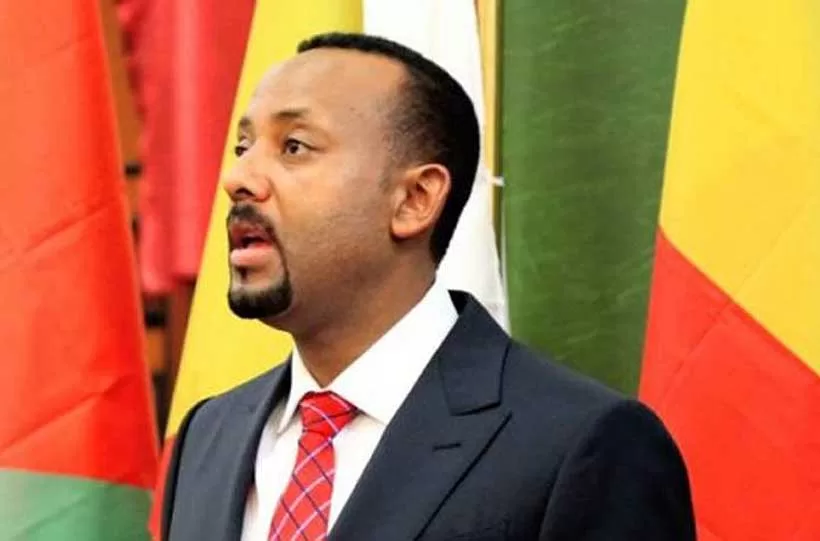The Prime Minister’s remarks are particularly noteworthy, given the intricate web of geopolitical interests that converge in the Horn of Africa. Ethiopia, landlocked and striving for economic expansion, views its agreement with Somaliland—an entity not universally recognized as independent—as a vital step towards gaining direct maritime access. This deal, however, has been a thorn in the side of Somalia, which views it as an infringement on its territorial integrity and sovereignty. Abiy’s insistence on the deal, despite Somalia’s protests, underscores Ethiopia’s broader strategic imperatives.
Yet, the Prime Minister’s discourse was not confined to the Somalia-Ethiopia issue. He extended an olive branch to Egypt over the contentious Grand Ethiopian Renaissance Dam (GERD), signaling a willingness to engage in dialogue over its operations. The GERD, a cornerstone of Ethiopia’s aspirations for energy independence and economic development, has been a source of tension with downstream countries, particularly Egypt, which fears the dam’s impact on its Nile water supply.
Abiy’s approach is a calculated attempt to decouple the two disputes—GERD and the maritime deal with Somaliland—to avoid a scenario where Egypt and Somalia might find common ground in their opposition to Ethiopia’s policies. Such an alliance could amplify the pressures on Addis Ababa, making the regional situation even more precarious. The possibility of Egypt and Somalia engaging in a military alliance against Ethiopia’s actions could have significant geopolitical consequences. The issues at stake are well-known—Egypt’s concerns about the Grand Ethiopian Renaissance Dam (GERD) and Somalia’s grievances over Ethiopia’s maritime deal with Somaliland. However, moving towards military collaboration would sharply escalate tensions in the region.
This diplomatic balancing act by Abiy Ahmed reveals the complex interplay of local ambitions, regional dynamics, and international interests in the Horn of Africa. While the Prime Minister seeks to reassure both Somalia and Egypt of Ethiopia’s intentions, the underlying issues are far from resolved. The GERD, with its annual refilling cycle, remains a ticking clock that could exacerbate tensions, especially during periods of low rainfall.
In essence, Ethiopia’s recent moves, as articulated by Abiy Ahmed, reflect a broader strategy to navigate the choppy waters of regional politics while safeguarding its national interests. The effectiveness of this strategy, however, will depend on Ethiopia’s ability to engage in genuine dialogue and find equitable solutions to the disputes that threaten the delicate balance of peace and cooperation in the region. The coming months will be critical in determining whether these overtures lead to de-escalation or if the underlying tensions will bubble to the surface once again, challenging the resilience of regional diplomacy.
